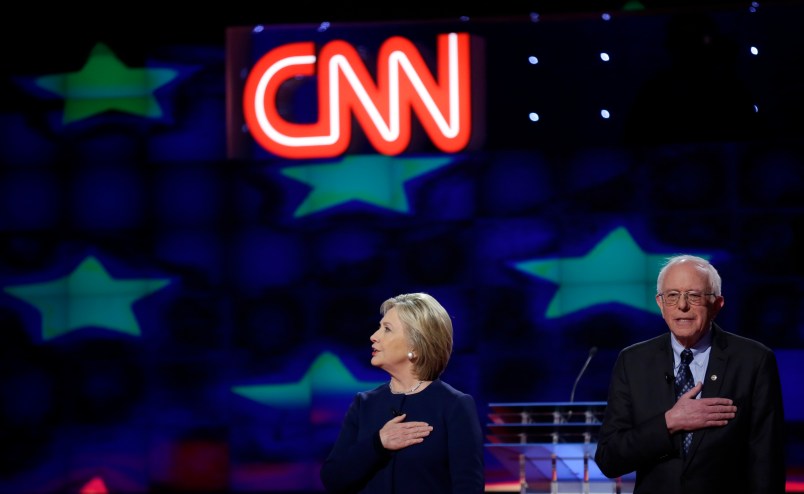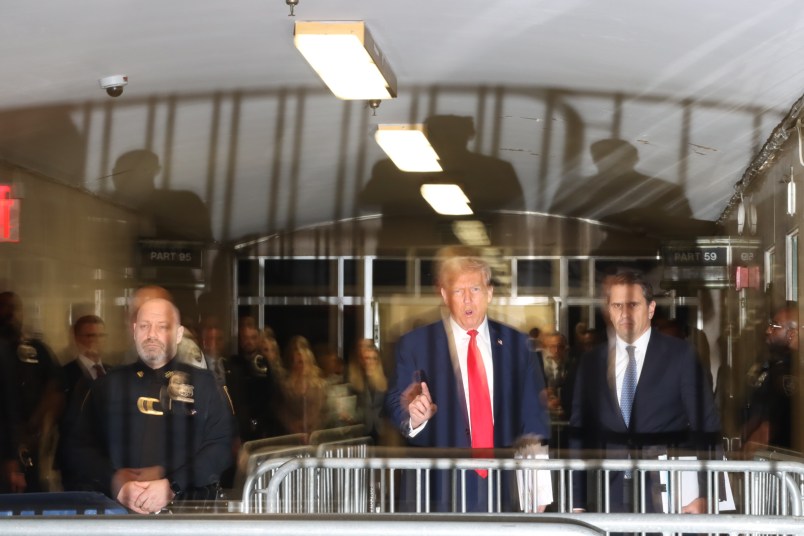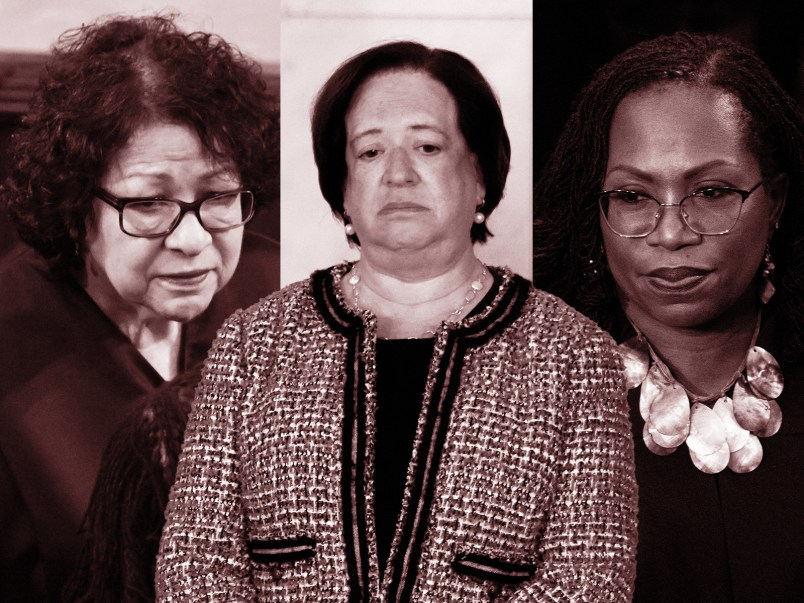WASHINGTON (AP) — In their haste to show solidarity with people hurt by the water crisis in Flint, Michigan, the Democratic presidential contenders understated what officials in Michigan are doing about it.
A look at some of the claims in the debate Sunday night, staged in Flint:
HILLARY CLINTON: “The state should also be sending money immediately to help this city.”
THE FACTS: It is. So far, Michigan has come forward with $70 million and Gov. Rick Snyder has called for an additional $165 million.
___
BERNIE SANDERS: “First thing is, you say people are not paying a water bill for poison, and that is retroactive.”
THE FACTS: The state Legislature already has authorized $30 million to cover, retroactively, 65 percent of the water portion of people’s water and sewer bills. That covers some, but not all, of what residents owe.
___
CLINTON on the Trans-Pacific Partnership trade agreement: “I thought it was reasonable to know what was in it before I opposed it.”
THE FACTS: Not knowing the final details of the trade deal did not stop her from taking a position on it before: She favored it before she opposed it.
As Obama’s secretary of state, Clinton was far more enthusiastic about the Pacific trade deal taking shape than she became once she was running for president and trying to appeal to the liberal wing of her party. As secretary she had given speeches around the world in support of the deal under negotiation, saying in Australia in 2012 that it “sets the gold standard in trade agreements,” a cheerleading sentiment she echoed elsewhere.
She’s said the final agreement didn’t address her concerns. But the final version actually had been modified to drop certain provisions that liberal activist groups had opposed.
___
SANDERS: If you are white, “you don’t know what it’s like to be poor.”
THE FACTS: Less likely to know, but there are, of course, millions of poor whites.
The Census Bureau’s five-year American Community Survey, covering 2007 to 2011, found 14.3 percent of the overall population fell below the poverty level, with American Indians and Alaska natives being the poorest (27 percent of that group) followed by blacks (25.8 percent). Hispanic poverty rates ranged from 16.2 percent for Cubans to 26.3 percent for Dominicans.
The white poverty rate was 11.6 percent, below the national average.
___
Eggert reported from Flint, Michigan.
Copyright 2016 The Associated Press. All rights reserved. This material may not be published, broadcast, rewritten or redistributed.









